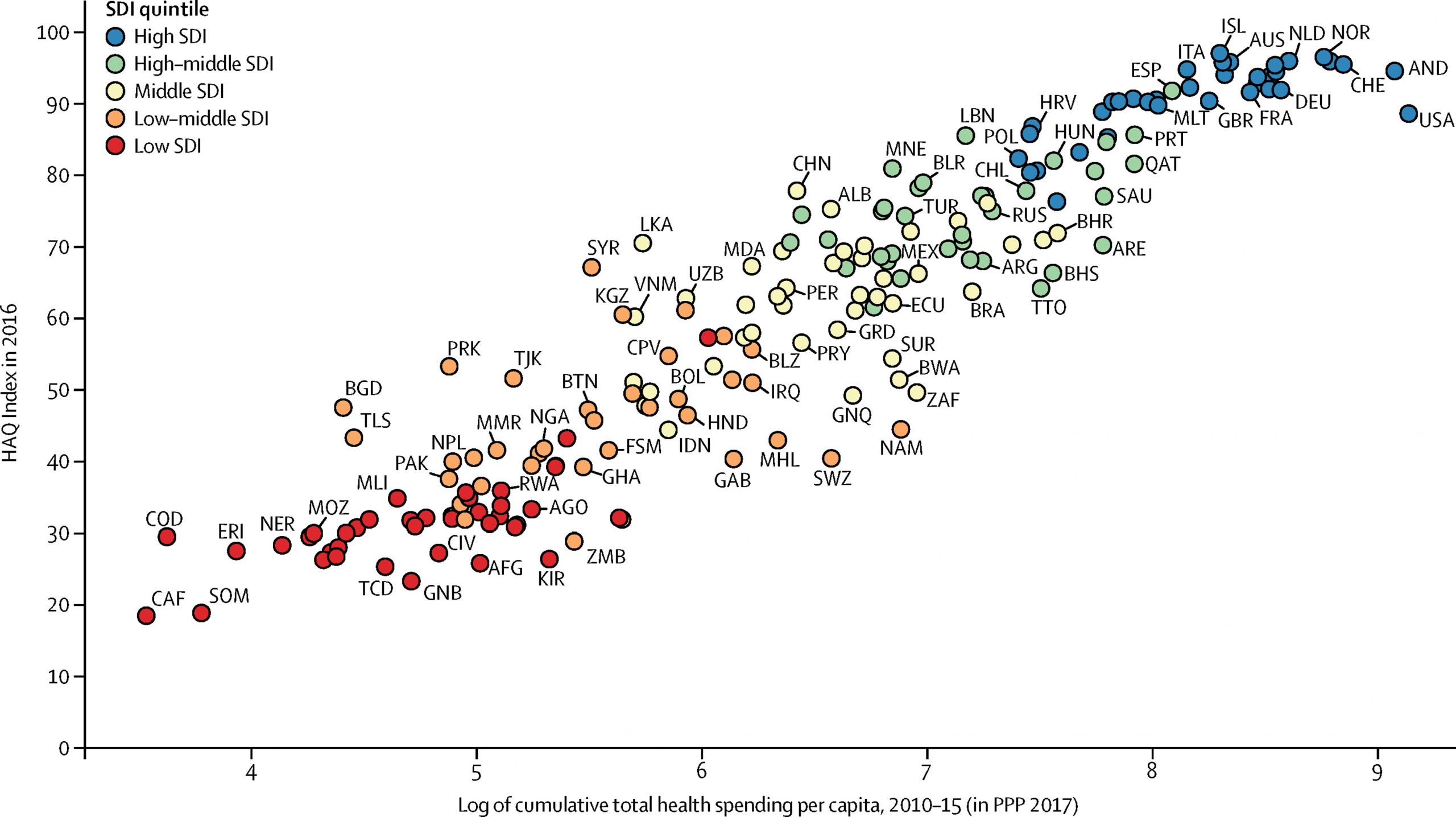A new global index assessing healthcare access and quality has released its latest findings, placing Africa under renewed scrutiny as countries across the continent continue to grapple with systemic health challenges.
The ranking, compiled by international health researchers, evaluates nations based on affordability, availability of essential services, infrastructure, and overall health outcomes. While several African countries showed gradual improvements, the continent as a whole continues to lag behind global standards.
Key highlights revealed that nations with stronger investments in universal health coverage and primary healthcare systems performed better, while those facing political instability, underfunding, and weak health infrastructure ranked lower.
Experts noted that although Africa has made strides in reducing child mortality, tackling infectious diseases, and improving vaccination coverage, persistent gaps in funding, medical personnel shortages, and unequal access remain major hurdles.
The report emphasized that bridging these gaps requires not only increased government commitment but also partnerships with private sector players, international donors, and grassroots health initiatives.
Health advocates say the ranking serves as both a reality check and a roadmap for African leaders, underscoring the urgency of scaling up reforms to guarantee equitable access to healthcare for all citizens.
